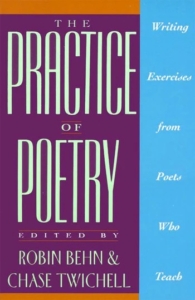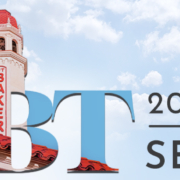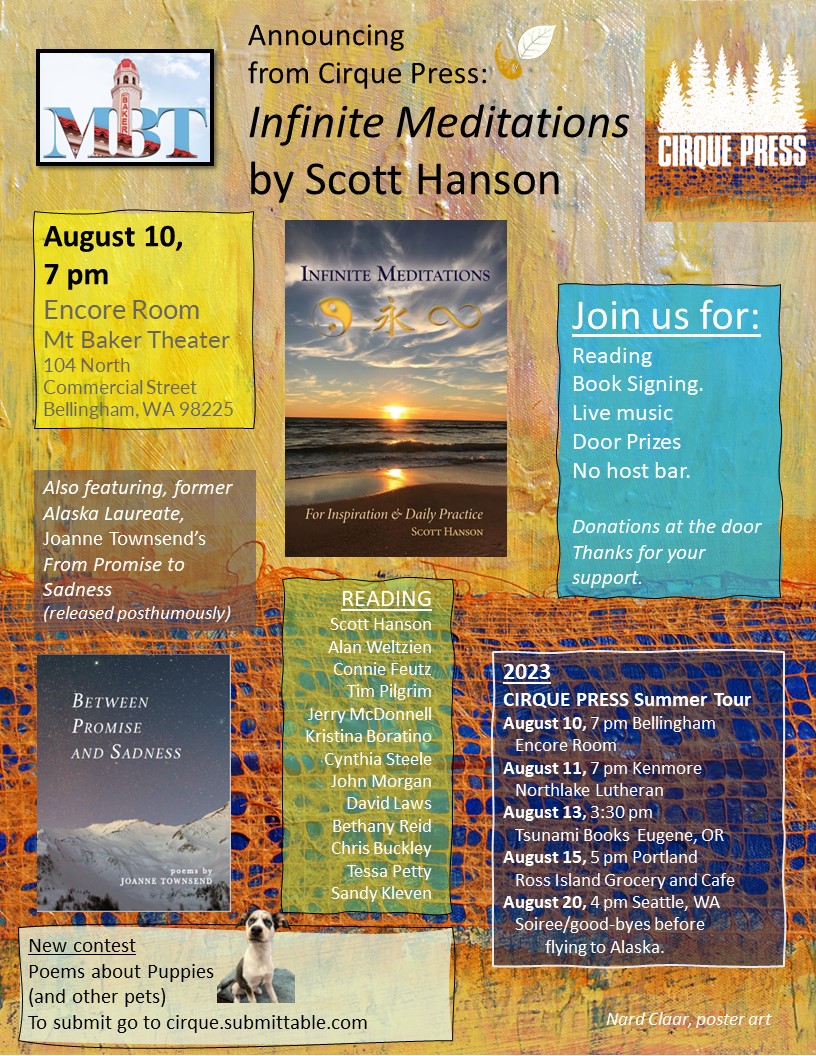Louise Glück, 1943-2023
“Later I began to understand the dangers and limitations of hierarchical thinking, but in my childhood it seemed important to confer a prize,” she said. “One person would stand at the top of the mountain, visible from far away, the only thing of interest on the mountain.” —Louise Glück (from the New York Times, 10.13.23)
I know I am not alone in my shock on hearing that the poet Louise Glück (pronounced “Glick”) died this week, age 80, of cancer. The only American poet to win the Nobel prize (in 2020) since T. S. Eliot in 1948, Glück was also a recipient of the National Book Award and the Pulitzer Prize. She was the U.S. poet laureate from 2003-2004. Dipping into one article and obituary after another, I keep encountering superlatives: “one of America’s greatest living writers,” “sublime,” “among the most moving,” “among the century’s finest poets.”
I own her Poems 1962-2012 (2012, Farrar, Straus and Giroux), and also The Wild Iris, which is included in Poems. 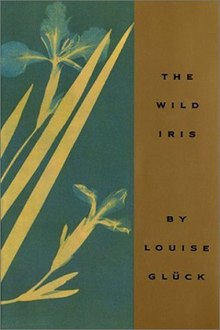 (While putting my own book into an order, I was looking at various “famous” books to see how they were arranged. It’s a gorgeous book, as the Pulitzer committee agreed.) Earlier this year I purchased a copy of Winter Recipes from the Collective (2021). It’s overwhelming to spend time with her poetry; you end up steeped in her mythologies, baffled by a personal story both tantalizingly near the surface and never quite within reach. (Consider a poem such as “The Dream,” a poem with two voices, beginning: “I had the weirdest dream. I dreamed we were married again,” and ending with the prosaic explanation, “Because it was a dream.”)
(While putting my own book into an order, I was looking at various “famous” books to see how they were arranged. It’s a gorgeous book, as the Pulitzer committee agreed.) Earlier this year I purchased a copy of Winter Recipes from the Collective (2021). It’s overwhelming to spend time with her poetry; you end up steeped in her mythologies, baffled by a personal story both tantalizingly near the surface and never quite within reach. (Consider a poem such as “The Dream,” a poem with two voices, beginning: “I had the weirdest dream. I dreamed we were married again,” and ending with the prosaic explanation, “Because it was a dream.”)
Pomegranate
First he gave me
his heart. It was
red fruit containing
many seeds, the skin
leathery, unlikely.
I preferred
to starve, bearing
out my training.
Then he said Behold
how the world looks, minding
your mother. I
peered under his arm:
What had she done
with color & odor?
Whereupon he said Now there
is a woman who loves
with a vengeance, adding
Consider she is in her element:
the trees turning to her, whole
villages going under
although in hell
the bushes are still
burning with pomegranates.
At which
he cut one open & began
to suck. When he looked up at last
it was to say My dear
you are your own
woman, finally, but examine
this grief your mother
parades over our heads
remembering
that she is one to whom
these depths were not offered.(from The House on Marshland, 1975)
Or consider this:
Penelope’s Stubbornness
A bird comes to the window. It’s a mistake
to think of them
as birds, they are so often
messengers. That is why, once they
plummet to the sill, they sit
so perfectly still, to mock
patience, lifting their heads to sing
poor lady, poor lady, their three-note
warning, later flying
like a dark cloud from the sill to the olive grove.
But who would send such a weightless being
to judge my life? My thoughts are deep
and my memory long; why would I envy such freedom
when I have humanity? Those
with the smallest hearts have
the greatest freedom.(from Meadowlands, 1996)
I’m trying to share enough so you see the range—this is a poet who published in The New Yorker for fifty years, after all—and the power present in even her early work. I’ve been noticing, as I flip through the pages, how often the color red occurs, as if Persephone’s pomegranate seeds keep replicating into other forms, and reminding us that, whatever is here, in our troubled and besieged turbulent world, it is our world.
The Night Migrations
This is the moment when you see again
the red berries of the mountain ash
and in the dark sky
the birds’ night migrations.It grieves me to think
the dead won’t see them—
these things we depend on,
they disappear.What will the soul do for solace then?
I tell myself maybe it won’t need
these pleasures anymore;
maybe just not being is simply enough,
hard as that is to remember.(from Averno, 2006)
This is praise from The New Yorker, after the 2020 Nobel:
The competing impulses to court and combat oblivion have driven Glück’s poetics from the beginning and continue to animate her recent work, including “Autumn,” from 2017: “Life, my sister said, / is like a torch passed now / from the body to the mind,” but “Our best hope is that it’s flickering.” Even the simplest language—as a juncture between body and mind, between what is shared and what is private, between definition and flux—serves as the site of this struggle, through which Glück has forged her inimitable, nearly supernatural craft. “It took what there was: / the available material. Spirit / wasn’t enough,” she writes, in “Nest.” Her poems offer a rare glimpse into the ineffable yet understand that it resides within—and is nothing without—the scaffolding of everyday stuff.
https://www.theparisreview.org/authors/26185/louise-gluck
A “rare glimpse into the effable,” indeed. Like me you are no doubt seeing tributes and poems all over the Web. This morning’s email brought a post from The Paris Review, sharing three poems by Louise Glück.
I cannot account for why, but I want to end with this stanza from the long poem, “An Endless Story,” in Winter Recipes from the Collective. A friend, on hearing about Glück’s passing, wailed, “We are losing our best poets!” I would like to remind her that we are not losing their poems. Glück, from what I read, did not particularly care for awards, or the “business” end of poetry. They got in the way of her art. How lucky we are that she persevered in sharing it.
I know what you think, he said; we all despise
stories that seem dry and interminable, but mine
will be a true love story,
if by love we mean the way we loved when we were young,
as though there were no time at all.—Louise Glück
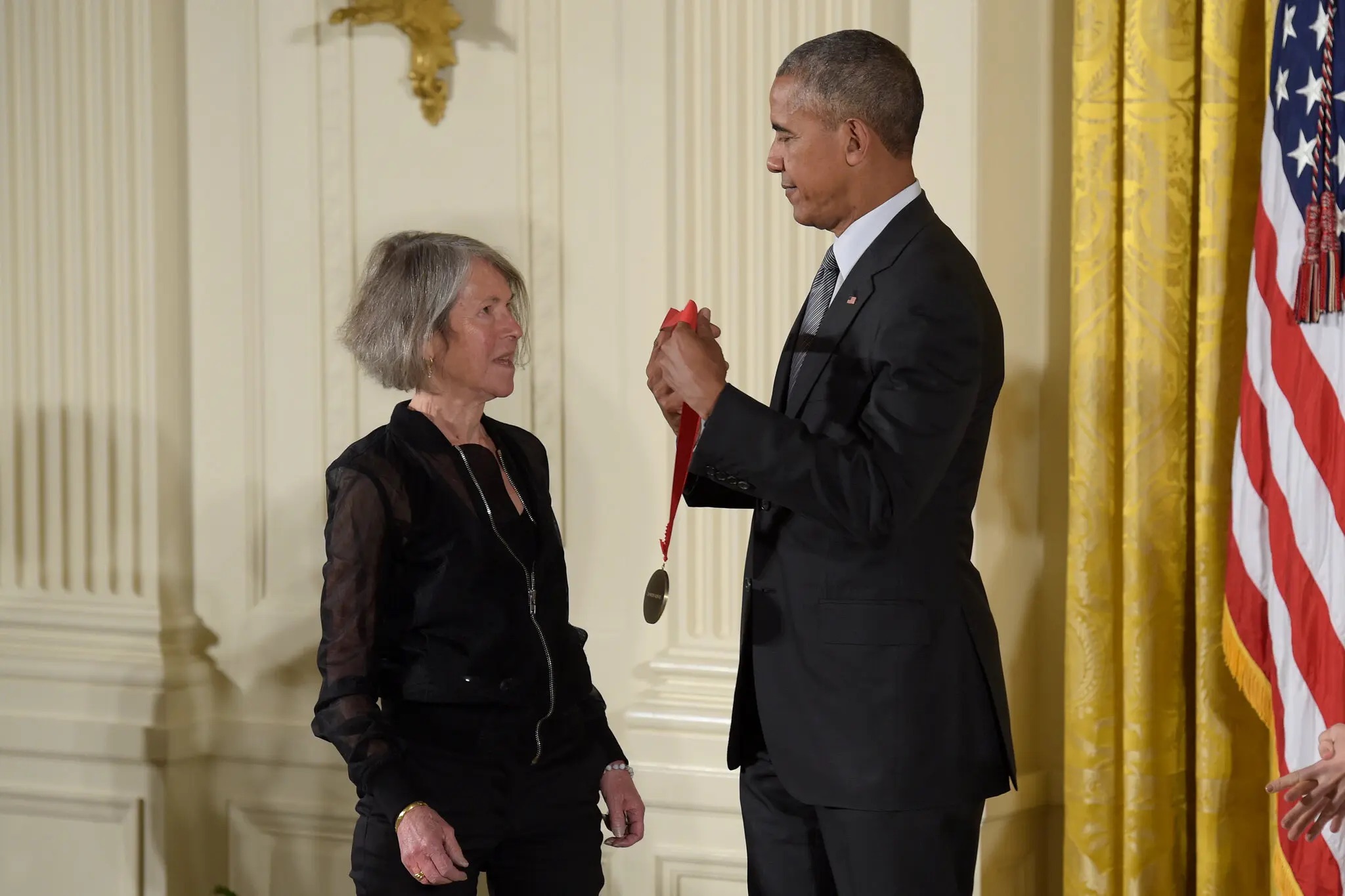

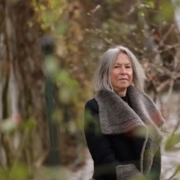
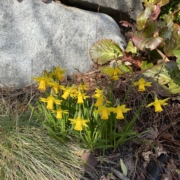


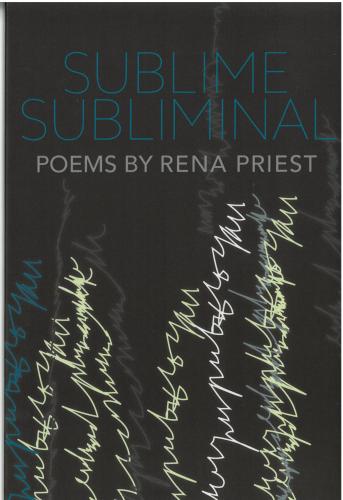 else as part of her heart-filled service to the poetry community, edited the brilliant
else as part of her heart-filled service to the poetry community, edited the brilliant 